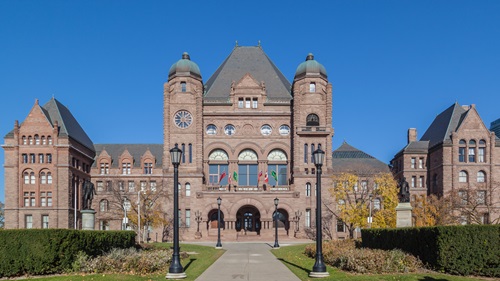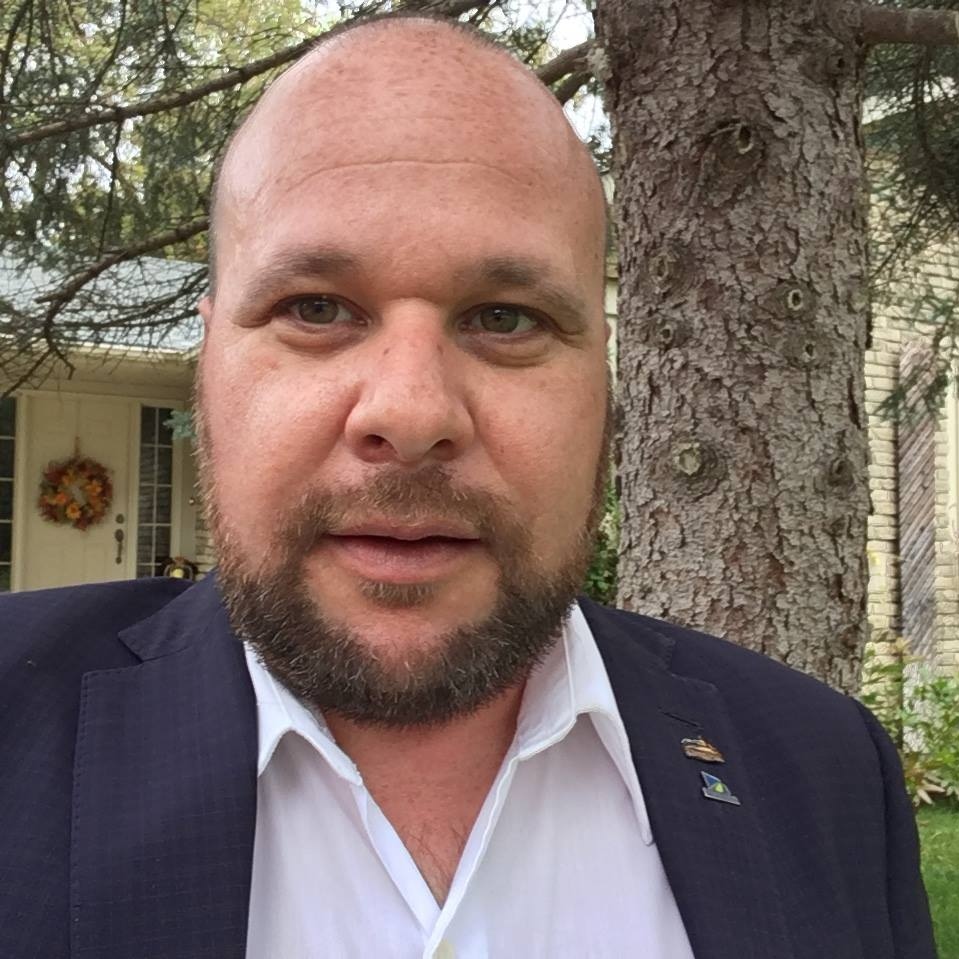OMSSA Report on the 2024 Ontario Budget
OMSSA Report on the 2024 Ontario Budget
By: Darryl Wolk
April 2024
Summary 
On March 27, Finance Minister Peter Bethlenfalvy delivered the 2024 Ontario Budget. The main takeaway is the change in the fiscal position of the province from the projections made in the Fall Economic Statement. The province will run a $9.8 billion deficit, up from $3 billion last year. Lower economic growth, higher interest rates paid on Ontario debt, and implications resulting from Bill 124 (wage restraint efforts) being found unconstitutional were the main reasons for the change. The province will also take in less tax revenue than initially projected. The provincial government plans to return to balance ahead of the 2026 election. The province projects it will collect $204.3 billion in revenue for the upcoming fiscal year.
In the budget speech, the Minister highlighted a budget designed to avoid raising taxes, making cuts or downloading on municipalities. However, with a rate of inflation expected just below 3 per cent, the rate of new spending over the next two years will be reduced. MCCSS will only see a $200 million increase from $19.9 billion in total spending, representing a 1 per cent increase over two years. Total health spending on programs for homelessness will only grow 1 per cent per year over the next two years and housing dollars could be reduced in the event the federal government withholds funding due to Ontario missing its housing targets. This does not leave much fiscal room for high ticket items such as social assistance rate increases, new money to support CWELCC implementation, new investments in supportive or community housing or a significant increase in spending to address the growing crisis in homelessness. As we delve deeper into program delivery funding, allocations, and funding formulas in the upcoming years, we may uncover significant details.
Budget Highlights
In terms of budget highlights, $1 billion for municipalities to support housing infrastructure and an additional $625 million to support water systems was the big ticket item for municipalities. It should be noted that Bill 23 resulted in a loss of revenues for municipalities on development charges with the new funding designed to replace some of this lost revenue. There were also measures to incentivize rental construction by allowing municipalities to offer a reduced property tax rate for rentals. All Ontario municipalities will be given the ability to charge a tax on vacant homes. $152 million in new money was allocated to supportive housing and there was a $396 million increase for mental health and addiction support.
Other Highlights Relevant to OMSSA Members
- $190 billion over the next 10 years to build and expand highways, transit, homes, high-speed internet and other critical infrastructure that will support economic growth.
- Addressing Ontario’s housing supply crisis by rewarding municipalities that achieve their housing targets with funding from the three-year, $1.2 billion Building Faster Fund.
- Delivering on the most ambitious plan for hospital expansion in the province’s history, with investments of nearly $50 billion over the next 10 years in health infrastructure, including close to $36 billion in capital grants. In addition, the government is committing $620 million over 10 years to allow healthcare system partners to address urgent infrastructure renewal needs to extend the life of hospital and community infrastructure.
- Investing $6.4 billion since 2019 to build 58,000 new or upgraded long-term care beds across the province by 2028. In addition, the government is investing $155 million in 2024–25 to increase funding to fast-track construction of the next tranche of long-term care homes by November 30, 2024.
- Building, expanding and renewing schools and childcare spaces by investing $23 billion over 10 years, including about $16 billion in capital grants. This includes $1.4 billion for the current school year to support schools' repair and renewal needs.
- Connecting approximately 600,000 more people to primary health care through new and expanded interprofessional primary care teams with a total additional investment of $546 million over three years, starting in 2024–25.
- Investing an additional $2 billion in the home and community care sector to support expansion and increase compensation for frontline workers.
- Increasing the government’s investment in the Ontario Autism Program by $120 million in 2024–25, which will double the increase provided in 2023–24.
- Providing an additional $13.5 million over three years, on top of existing investments of $1.4 billion over four years, to enhance initiatives that support women, children, youth and others who are at increased risk of violence or exploitation.
Conclusion
Unfortunately, the budget did not make any commitment to working with municipalities on a social and economic prosperity review as requested by all municipal associations in their pre-budget submissions. OMSSA will continue to work with our Members, the province and our stakeholder partners advancing our advocacy work and ensuring the voice of our Members is heard by the provincial and federal government.
Resources
For more insights, visit the following resource links:
About the Author

Darryl Wolk is Manager of Policy Development and Public Affairs for the Ontario Municipal Social Services Association. Darryl started with OMSSA in 2017. He has over ten years of government relations experience and graduated with an MBA from the University of Windsor in 2004. Darryl appreciates the opportunity to advocate and consult with Ontario’s municipal service managers, province and federal government to advance priority issues in the health and human services sectors.
Blog categories: Ontario Government, Budget, Housing and Homelessness, Child Care